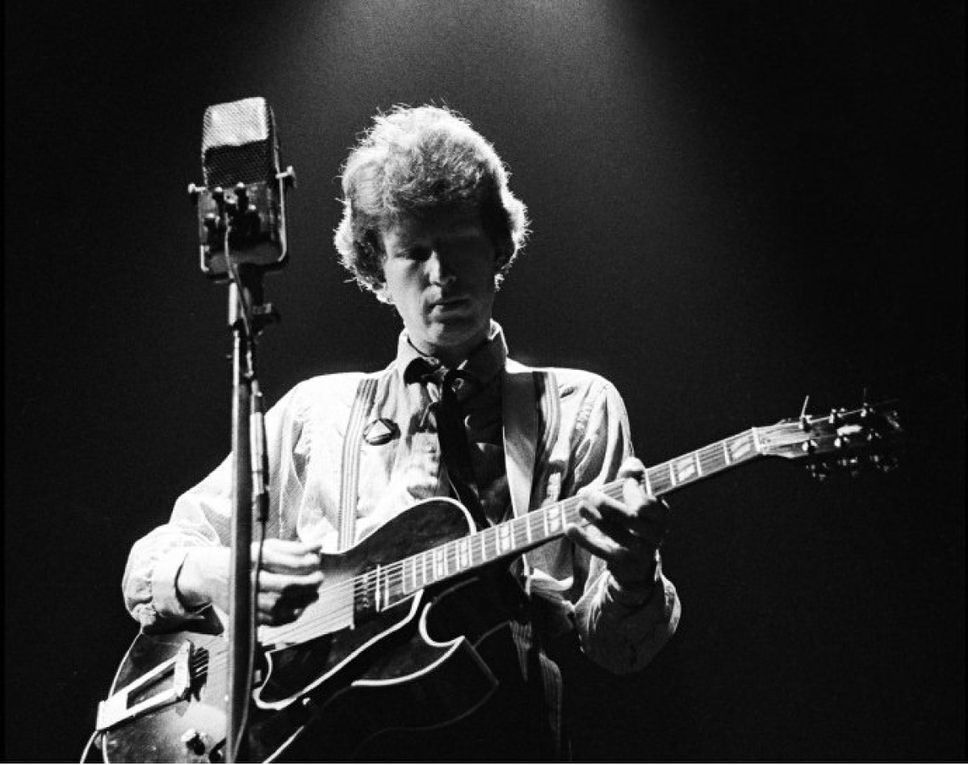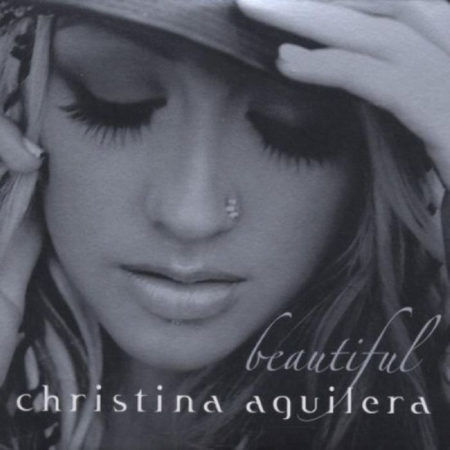Glad To Be Gay
- Jaiden Hourie

- Nov 21, 2020
- 3 min read
The politically explicit song Glad To Be Gay was originally written by Tom Robinson for the London gay pride parade in1976 and directly challenged British attitudes towards homosexuality.
It is important to understand the broader social context before we look at the song in essence. At the time this song was released, in England, same-sex relations had been legal for only nine years, with the enactment of the Sexual Offences Act in 1967, which decriminalized homosexual acts between men over 21 years that were performed in private (Vale, 2016).
Glad To Be Gay was inspired by an increasingly violent series of police raids on gay pubs in London, however, it does speak to the broader social injustices within the LGBTQ+ rights movement. The song brings a crushing and raw awareness to the brutality that people of the gay community had endured, even though their sexuality was technically legal.

["Tom Robinson performing on stage in London in June 1981"(Krewen, 2018)]
Lyrical examination
Glad to be gay can be dissected into four verses, each one bringing to the listeners attention a different issue affecting the gay community (Vale, 2016).
Verse one criticizes British police for raiding gay bars beyond justifiable means.
“The British Police are the best in the world. I don’t believe one of these stories I’ve heard, bout them raiding our pubs for no reason at all, lining the customers up by the wall.”
Verse two refers to the suppression of gay news for obscenity, and brings attention to the way homosexuality is poorly represented in the news, and the hypocrisy in relation to hetero-normative news.
“Pictures of naked young women are fun. In Titbits and Playboy, page three of The Sun. There’s no nudes in Gay News our one magazine. But they still find excuses to call it obscene.”
The third verse highlights the overt homophobia the gay community were subject to on a daily basis. Robinson further brings attention to the horrific and gruesome acts the gay community endured.
“I had a friend who was gentle and short. He was lonely one evening and went for a walk. Queer-bashers caught him and kicked in his teeth. He was only hospitalized for a week.”
The final verse develops the appeal for support and solidarity with the community, and questions the complacency of gay people in some areas, insisting that there is still so much to be done.
“So sit back and watch as they close all our clubs. Arrest us for meeting and raid all our pubs. Make sure your boyfriend’s at least 21. So only your friends and your brothers get done.”
The chorus attempts to reclaim homosexuality with pride. This main idea is expressed through lyrics in chorus lines; Tom Robinson took these horrible notions and and twisted them into a whimsical song about being happy to be gay, and urges his audience to pursue the same destiny.
“Sing if you're glad to be gay. Sing if you're happy that way.”
Why is this song so important?
In the delivery of this song, Tom Robinson is rejecting the widely accepted views toward homosexuality and dismisses any interpretation of him being sick, sinful, wrong or tragic; instead he claims his sexuality in a confident and optimistic way.
In an interview for the star in 2018 Robinson recalled that “The actual punk thing was to challenge your audience, change their values and assumptions” (Krewen, 2018)
This song allows the listener, whether they are a member or not, to take on the role of the proud member of an oppressed community. Robinson even said in his live performance at the Secret Policeman's Ball benefit concert for Amnesty International in June of 1979.
“You don’t need to be gay to sing on this on this chorus”
(gladtobegaynet, 2010)
What did people think?
The song had a generally positive reception and reached 18th position on the UK Singles Chart within a week of its release, as well as being very successful on private local radios. Its effect however, was heightened further by the political context, on its release, BBC Radio One refused to play it because of its explicit nature.
Ultimately, this song had a very specific effect in that the social invisibility of gay people was a key element of oppression. Therefore, asking a predominantly non-gay crowd to sing along with this song proposes that they imagine themselves in the shoes of (what was in the 70’s) still a very vilified minority which therefore classifies this song as being very demanding and assertive (Mullen, 2017), to which the audience was generally receptive.
This song, and its political innovation, will remain timelessly recognized within the LGBTQ+ community.
wc: 614



Comments